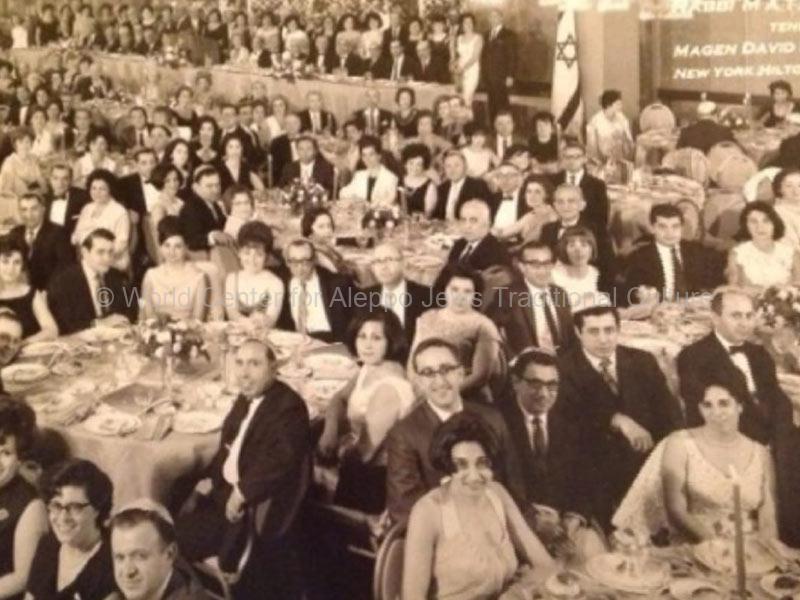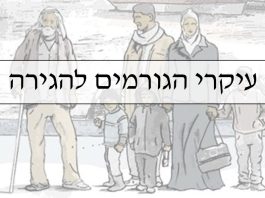The city of Aleppo possesses distinctive characteristics that have significantly influenced the sociological development of its Jewish community. Although it is the second-largest city in Syria, throughout much of its history, it served as a central hub for commercial, cultural, and ethnic exchange. This environment fostered the creation of a mosaic of diverse opinions and perspectives, cultivating an atmosphere of openness and tolerance. The city hosted a variety of ethnic groups—Orthodox Christians, Greeks, Catholics, Protestants, Muslims, Jews, Armenians, Circassians, Assyrians, Turks, people from the mountains of Qamishli, and numerous others.
This diversity, combined with the prevailing openness and tolerance, enriched the Jewish community, imbuing it with considerable cultural wealth. The Jewish population itself was a heterogeneous mix, composed of Musta’arabim (local Jews), Francos, Jews from Livorno, Jews from Iraq, as well as Ashkenazi Jews from families such as Hornstein, Goldman, and Lerner. What is particularly notable is that all these groups assimilated into a single melting pot, creating a collective identity that became the Aleppian Jew.
On the other hand, this atmosphere of tolerance facilitated a unique integration within the Jewish community of Aleppo: Torah and Halakha on one hand, and secular life on the other, with both elements coexisting in harmony and without conflict. Indeed, the Aleppians often adhered to the maxim: “Sa‘a elak wa-sa‘a l’rabbak,” meaning “One hour for yourself and one hour for your God.”
The cosmopolitan nature of Aleppo also left an indelible mark on its Jewish inhabitants, who became global citizens in their own right, excelling in commerce, the liberal professions, and banking.
The profound attachment to Judaism has not been forgotten by Aleppian Jews to this day, with the community remaining consistently at the forefront of donations to all Jewish causes and, by extension, to Zionist causes as well.
Moshe Cohen




